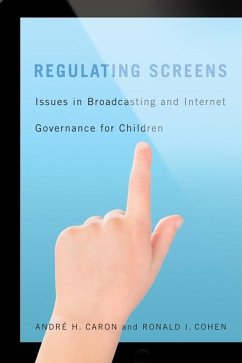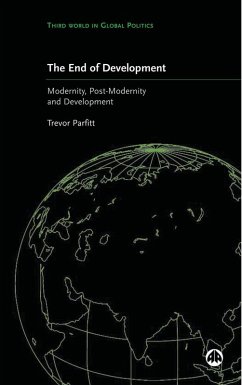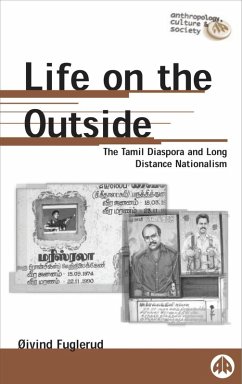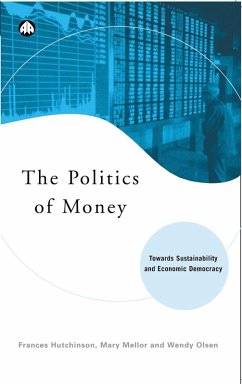
Regulating the Press (eBook, PDF)

PAYBACK Punkte
46 °P sammeln!
A free press is the cornerstone of democracy. Does this then give the press the right to print inaccurate material with relative impunity? Should the public have a statutory right of reply to inaccuracy in the press? And how free is the press in a world of converging technologies and crossmedia ownership? Clive Soley and Tom O'Malley set the issues of press regulation in their historical context, focusing on the period after 1945. They specifically look at the history and record of the Press Council and assess the performance of the Press Complaints Commission. The book analyses the arguments ...
A free press is the cornerstone of democracy. Does this then give the press the right to print inaccurate material with relative impunity? Should the public have a statutory right of reply to inaccuracy in the press? And how free is the press in a world of converging technologies and crossmedia ownership? Clive Soley and Tom O'Malley set the issues of press regulation in their historical context, focusing on the period after 1945. They specifically look at the history and record of the Press Council and assess the performance of the Press Complaints Commission. The book analyses the arguments surrounding attempts to improve standards by introducing statutory rights for the public, and the reasons for the failure of these initiatives. Focusing on issues of principle such as accuracy, misrepresentation and privacy, the authors re-examine the ways in which debates over press freedom versus regulation illuminate the fundamental conflicts between a fully accountable press and the economic imperatives of the free market economy.
Dieser Download kann aus rechtlichen Gründen nur mit Rechnungsadresse in A, D ausgeliefert werden.













